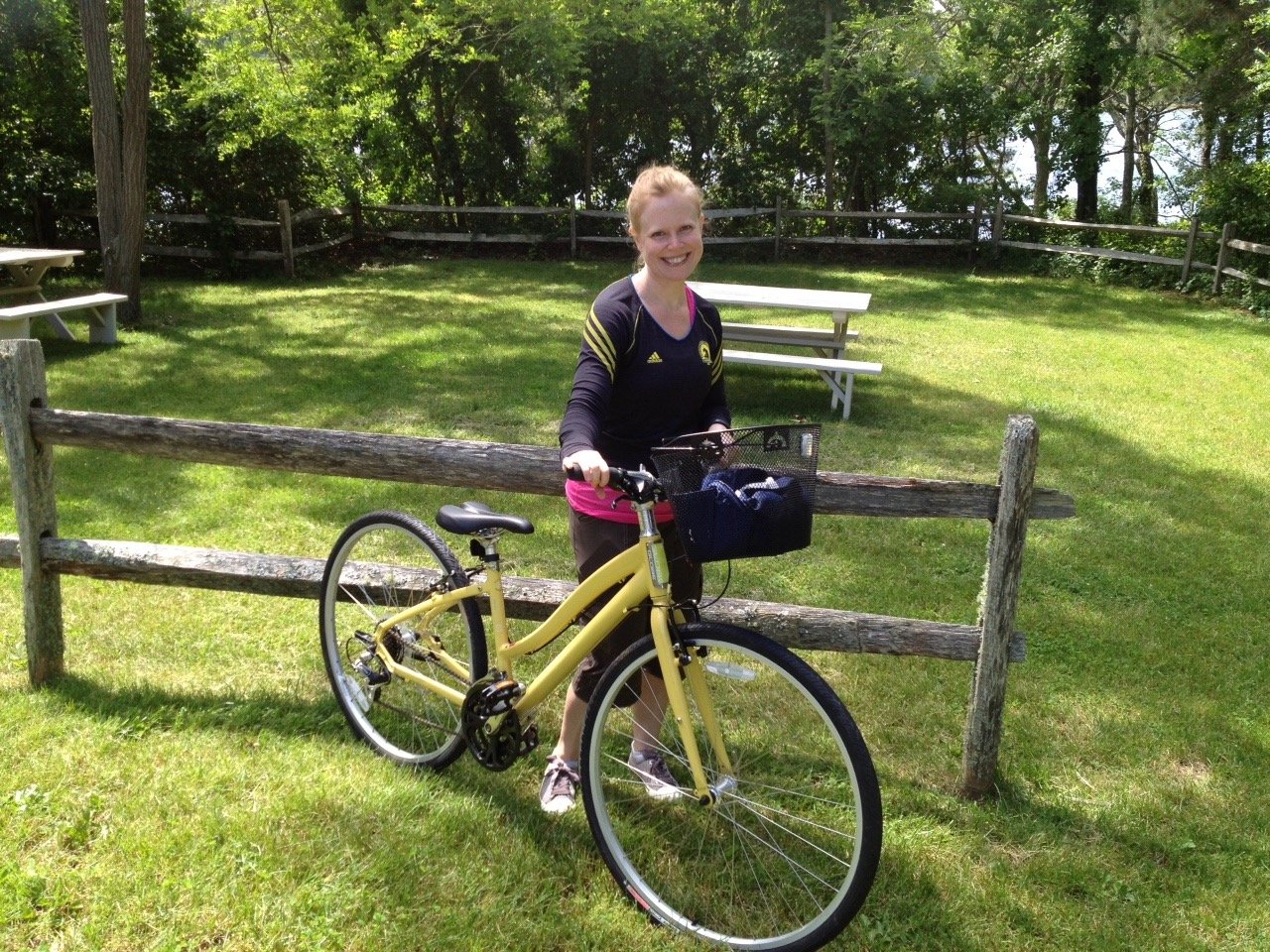Last week, I got to join a Community of Practice of Program Officers and Measurement & Evaluation Specialists from the Department of State's Bureau of Educational and Cultural Affairs. We talked about 10 tactics to build organizational learning, based on a blog post I’d written for the American Evaluation Association, which the group’s leader had read.
As I prepared my talk, I realized that the 10 tactics could be distilled into 5 takeaways:
Build relationships
Empathy: Seek to understand roles, needs, interests, processes, contexts
Share the “why” and “how” of your work
Share examples
Give people a way in
This weekend, it then occurred to me that if you want to promote learning, be a learner. Show more than tell.
In our conversation last week, I was reminded how evaluators can feel tensions around: having our training and expertise valued, wanting to maintain impartiality, and trying to be efficient and scientific. So, a few questions came up about how my 10 tactics bump up against these feelings and experiences.
Without getting into the weeds, I believe there are ways to balance these concerns. Of course, I want my own expertise to be valued, and I’ve experienced times when I’ve felt disrespected and disempowered. The solution, in my opinion, is not to double-down on “I’m the expert” (and sadly, sometimes the solution is to walk away). Ultimately, without relationships and empathy and honoring the expertise of our communities and colleagues, our science will be bad. If we aren’t measuring the right things, using the right language, in ways that make sense for the context and people involved, without meaning-making and interpreting findings together, then our methods will lack validity, clarity, and utility---we may have “faux” rigor. We’ll continue to perpetuate inequities, and we’ll lose out on the opportunity to learn ourselves and enjoy our work. There are many cases when “starting slow to go fast” makes sense in evaluation---if we spend time up front, getting on the same page and buy-in with our involved colleagues and communities, we can set up processes and collect data that are more efficient, effective, complete, and meaningful than if we don’t.
My “show, don’t just tell,” thinking is informed by my background in developmental psychology too. There are numerous studies that demonstrate how important modeling is to kids’ learning. Here’s just one study from 2018 that examined how parents influence children’s attitudes toward reading. Among the findings, the researchers noted that ”…children are keenly aware of parental hypocrisy, providing unanticipated direct comment on it regarding parental encouragement. This would suggest that parents could actively attempt to foster interest, attainment, and utility value, but if they are not readers themselves, it may not yield any positive influence on student attitudes.” (p. 692). I would argue the same is true for those of us trying to foster learning within our organizations.
Learning to ride a bike as adult—something I feel vulnerable sharing, and something I want to get back to.
